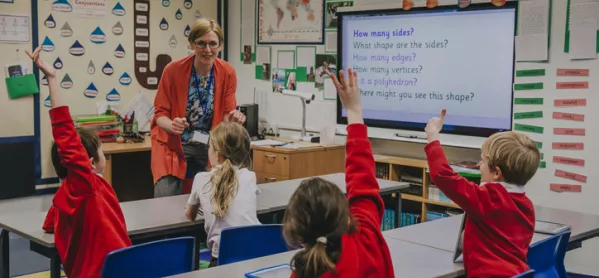Schools that remain open may inadvertently spread the Covid-19 virus among pupils unless they are kept in groups of “minimal size”, scientists have warned.
Some schools have stayed open to cater for children of key workers and vulnerable pupils during the pandemic.
Frequent movements between classes and groups should be avoided to avoid these children transmitting the disease, a team from the Department of Infectious Disease Epidemiology at the London School of Hygiene and Tropical Medicine has warned.
Coronavirus: Stagger break times for safety, says DfE
Safety: Call to test all teachers for coronavirus
Coronavirus and schools: LIVE 27/3
They said: “The risk of such a ‘pooled childcare for key workers’ approach is that schools may exacerbate transmission among individuals vital to the Covid-19 response.”
Counter-measures should include keeping contacts within schools at a minimum and highly clustered, in addition to measures such as staggered break times already advised by the DfE.
The scientists said: “In practice that means that in addition to current recommendations, children should not only be cared for in groups of minimal size but also in fixed groups that change as little as possible.
“Similarly, the pool of teaching staff assigned to specific groups will need to be kept as small as possible to limit the number of staff exposed to a potentially pre-symptomatically transmitting child and who will therefore require quarantine should a child start displaying symptoms.”
They also urged schools to keep children in the same room during the school day rather than have classes move around and potentially spread the disease.
These recommendations would take on greater force if children from different schools were brought together because the number remaining in care at individual schools has become too low to be viable.





